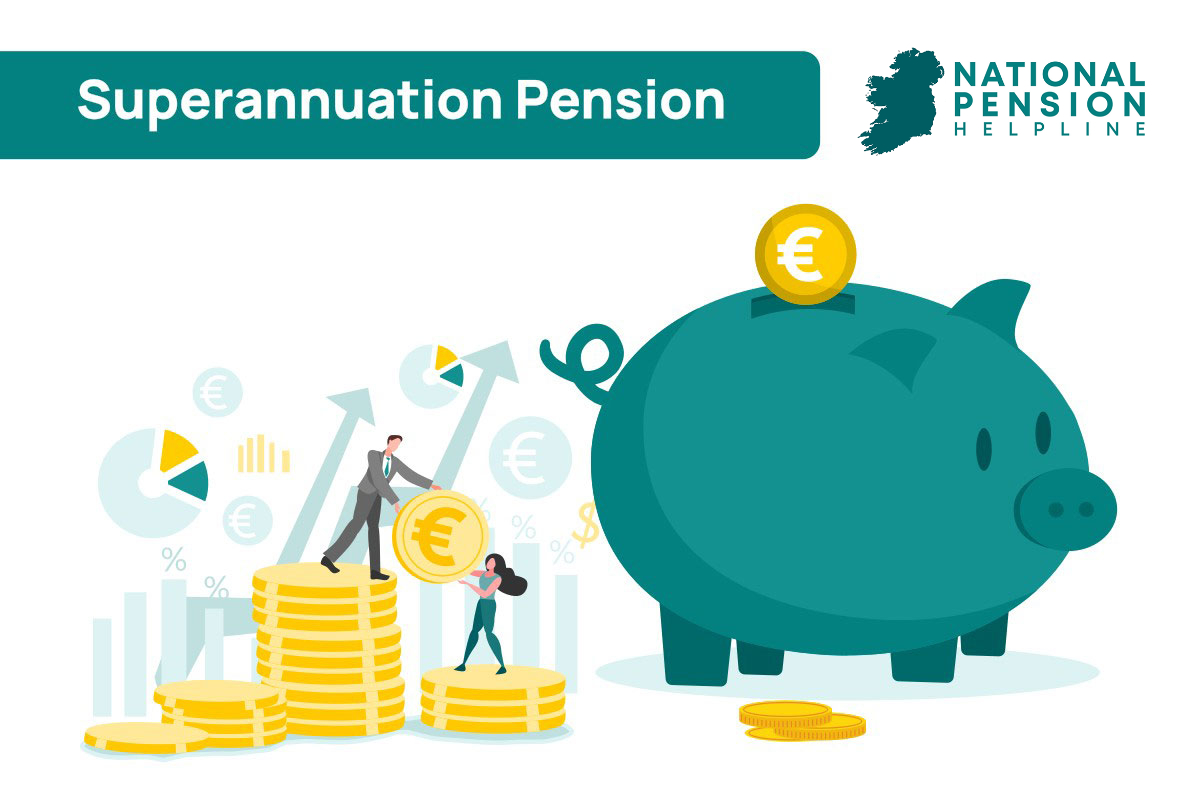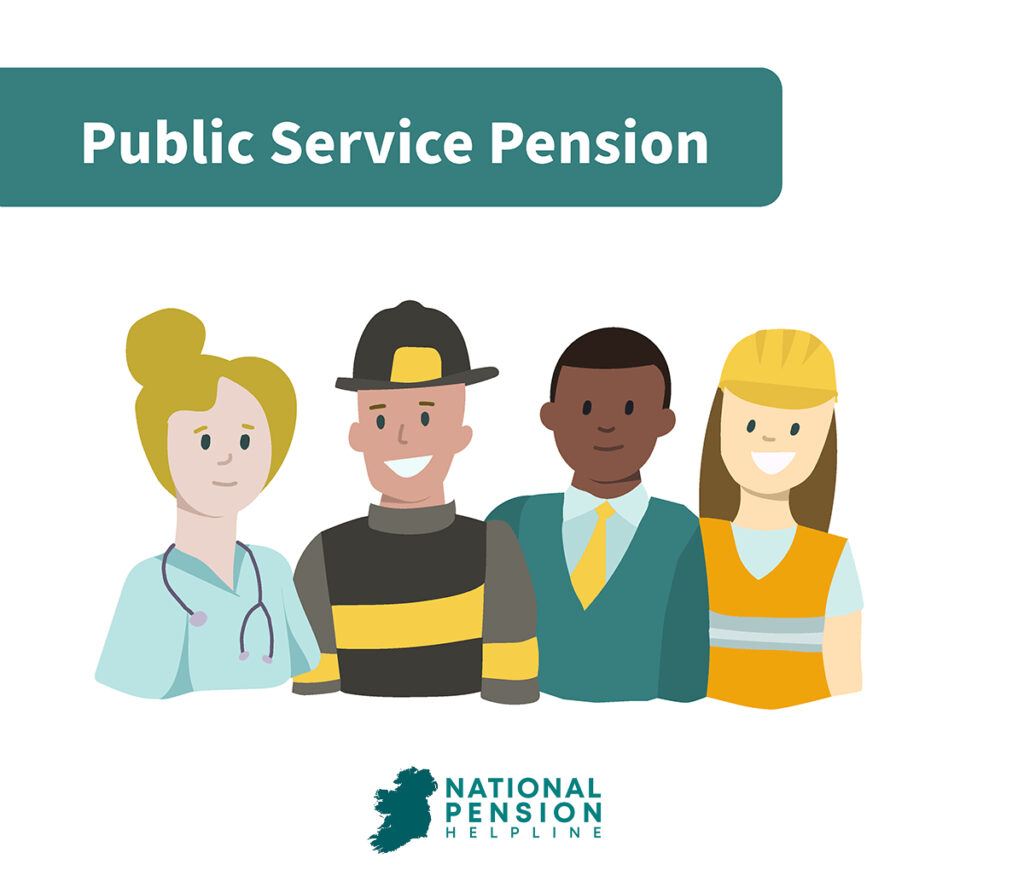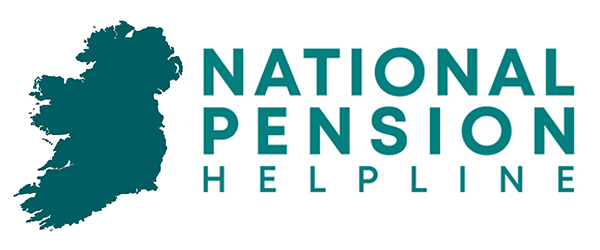
Table of Contents
What is Superannuation
Often referred to as a company pension plan, a superannuation fund is a pension program designed to benefit employees in an organisation after retirement.
It can also be described as a defined-benefit or defined-contribution plan. In essence, superannuation is designed to ease the complexity of forming a retirement plan.
Funds for a superannuation plan are deducted from an employee’s wages/salary over a number of years.
It is often desirable for employees who value a predictable pension plan because of the calculable variables that influence its worth, such as:
- How long was the employee working for the company?
- What was the employee’s salary?
- At what age did they begin to withdraw from the fund?
When they do retire, the eligible recipient of a superannuation fund will be given a fixed amount, likely on a fortnightly basis.
Superannuation in Ireland
In Ireland, superannuation plans apply to public servants whose entrance to pensionable public service income predates 2013.
Entrants who began working in 2013 or later are subject to the Single Public Service Pension Scheme which operates on a similar basis.
The Local Government Superannuation Scheme that preceded the Single Public Service Pension Scheme arguably made it easier to calculate your pension.
There were different rules on retirement age and your final salary was used to calculate your pension as opposed to the average amount you earned over the course of your career, which is the case today.
Today, your pension is integrated with social welfare, meaning the pension itself is lower but the difference is made up by a contributory state pension if you have made enough PRSI payments over the course of your career.
What Public Service Scheme do I Belong to?
Nowadays, public servants are divided into ‘old entrants’ and ‘new entrants’, meaning:
- If you began working prior to 1995, you are an old entrant to public service superannuation. You are shown as Class D on your payslip, and you are not impacted by a contributory state pension. Normal retirement age (NRA) is 60.
- If you began working between 1995 and 2004, you are also an old entrant, but your pension is integrated with social welfare due to it being a contributory state pension. NRA remains 60.
- If you began working between 2004 and 2013, you are a new entrant to public service superannuation. Pension is integrated with social welfare and NRA is 65.
If you began working after 2013, you are part of the single scheme which, as mentioned, is based on career averaging.

Alternatives to Superannuation Pension Plan
The primary difference between a superannuation plan and others is that superannuation guarantees a specific benefit upon retirement or qualification to access the fund.
It is not always the most lucrative pension plan for a specific situation and there are viable alternatives that may earn you more money, but potentially at a higher risk.
Pension transfers can see you access up to 25% of your pension tax free at age 50. Extensive details are provided on our Pension Transfers page.
You have the option of Cashing in Your Pension Early in Ireland which can also entitle you to a lump sum upon turning 50.
Finally, as can happen with jobs early in your career when you may not pay attention to specific deductions on your payslip, you may find pension plans in your employment history that you do not recall.
In these cases, we can help with pension tracing in order to track down your pension, with more information on that endeavour available here.
Learn more about your Superannuation Pension Plan
If you want to learn more about your pension, make an iniquity, complete our quiz, or give us a call to be contracted by a financial advisor for a free consultation.



